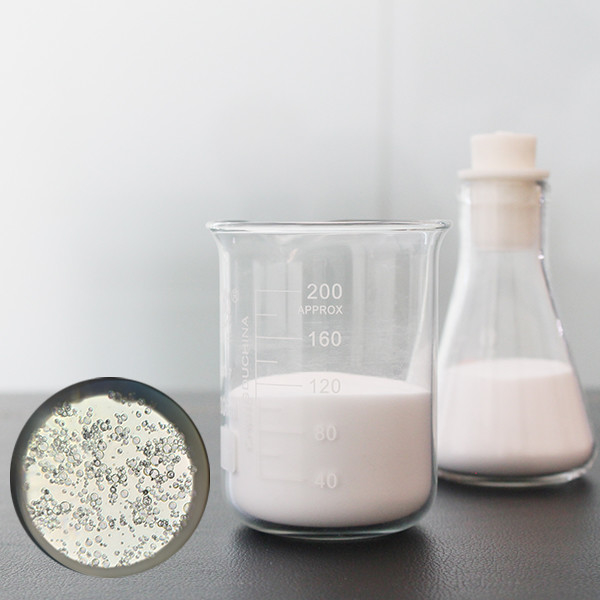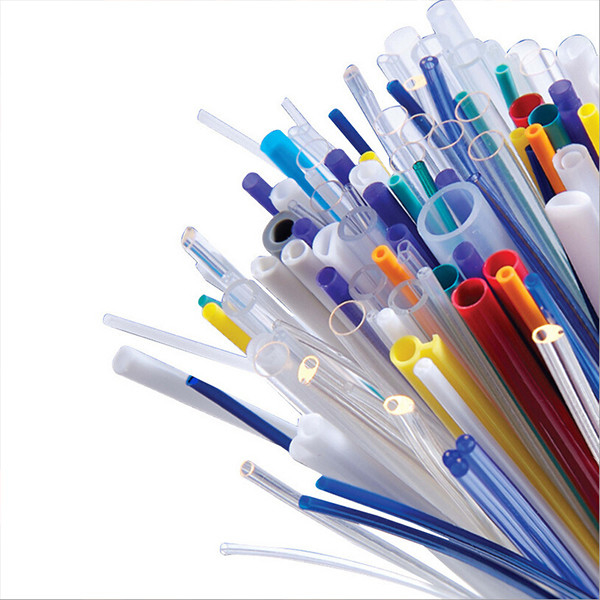HN40 Glass Microspheres
Product Specifications
| Attribute |
Value |
| Product name |
HN40 glass microspheres |
| Application |
Construction |
| Diameter |
10-75 µm |
| Density |
0.15-1.0 g/cm³ |
| Compressive Strength |
100-8000 psi |
| Chemical Composition |
SiO2, Na2O, CaO, MgO, Al2O3 |
| Color |
White or transparent |
| True Density |
0.38-0.42 |
| Bulk Density |
0.20-0.23 |
| Dielectric Constant |
1.2-2.2 (100MHZ) |
| Thermal Conductivity |
0.130 |
Product Description
Hollow glass bubbles, also known as glass microspheres or glass beads, are tiny, lightweight spheres made of glass. They are typically between 10 and 300 microns in diameter, which is roughly the size of a grain of sand.
The glass bubbles are created by heating a mixture of glass and a blowing agent, which causes the glass to expand and form small spheres. The blowing agent is then removed, leaving behind the hollow glass bubbles.

Glass microspheres are usually between 1 and 1000 micrometers in diameter, with hollow glass microspheres typically ranging from 10 to 300 micrometers. Hollow spheres are used as lightweight fill in composite materials such as syntactic foam and lightweight concrete.
Key Applications
- Automotive Industry: Used to manufacture lightweight parts and components, improving fuel efficiency
- Marine Industry: Used in lightweight composites for boats and submersibles
- Adhesives and Sealants: Improves mechanical properties and reduces shrinkage
Technical Specifications
| Model |
True Density (g/cm³) |
Bulk Density (g/cm³) |
Compressive Strength (Mpa/psi) |
Diameter (um) |
| HN40 |
0.38-0.42 |
0.2-0.23 |
28/4000 |
20 | 40 | 75 |
Product Advantages
Lightweight, Easy Disperse, Heat Insulation, Noise Cancellation, Flame Proof, Easy Molding
Why Choose Us?
- Specialized in manufacturing Hollow Glass Bubbles for over 20 years
- Ranked among the largest HGB manufacturers globally
- Ensured product quality with strict density, radius and compressive strength standards
- Stable product performance and reliability as our top priority
Frequently Asked Questions
Can you tell me more about package details of Hainuo HGBs?
We offer package options of carton and ton bags, with dimensions varying by model and density. Customers can contact our team for customized package solutions.
What is Hainuo Technology's background and achievements?
Founded in 2011 with government-backed research, we've achieved significant technological breakthroughs and been awarded titles like "High-Tech Enterprises" and "Outstanding Enterprise in Shanxi province". Our products are used in major national projects.
What safety precautions should be taken when handling HGBs?
Handle packages in ventilated areas with minimal vibration. Use safety glasses and gloves if sensitive to dust. Keep packages tightly sealed when not in use.
What are the advantages of using hollow glass bubbles?
They enhance thermal insulation, fluidity, stiffness, strength endurance and chemical resistance while reducing weight.
What are some common applications?
Widely used in aerospace, rubber, plastic, marine and construction industries as lightweight fillers that improve performance and reduce costs.
What is the density and size range?
Density ranges from 0.11-0.606 g/cm³ with sizes from 10um to 115um.
Are Hollow Glass Bubbles environmentally friendly?
Yes, made from natural sand and fully recyclable. We maintain environmentally responsible production processes.
Can they be used in 3D Printing?
Yes, they reduce weight and improve strength in 3D printing materials while enhancing printability.
Can they be used in Concrete?
Yes, as lightweight aggregate they reduce weight while improving thermal insulation, fire resistance, workability and durability.
What is your annual production capacity?
Currently 15,000 tonnes annually, expanding to 35,000 tonnes by 2026 with new production lines.
How should HGBs be stored?
Store in dry, cool, dark areas away from moisture and direct sunlight. Keep packages tightly sealed.

 Your message must be between 20-3,000 characters!
Your message must be between 20-3,000 characters! Please check your E-mail!
Please check your E-mail!  Your message must be between 20-3,000 characters!
Your message must be between 20-3,000 characters! Please check your E-mail!
Please check your E-mail! 


